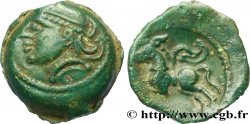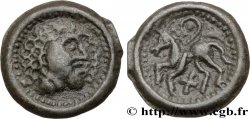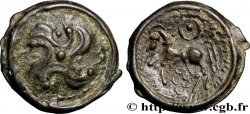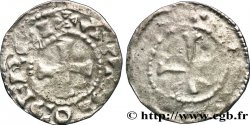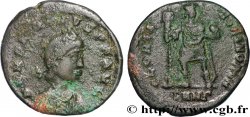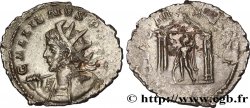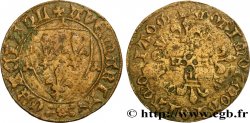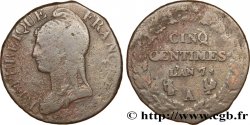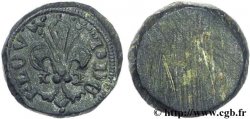v19_0487 - GALLIA BELGICA - SUESSIONES (Regione de Soissons) Potin au cheval, classe I
MONNAIES 19 (2004)
起拍价 : 160.00 €
估价 : 220.00 €
竞价记录 : 160.00 €
出价数量 : 1
最高出价 : 187.00 €
起拍价 : 160.00 €
估价 : 220.00 €
竞价记录 : 160.00 €
出价数量 : 1
最高出价 : 187.00 €
种类 Potin au cheval, classe I
日期: c. 60-50 AC.
材质 potin
直径 21,5 mm
模子方针 1 h.
重量 4,67 g.
稀少度 R1
关于品相的说明
Patine sombre, avec de légères concrétions rougeâtres au revers
出版目录中的项代码 :
LT.7862 - BN.7861-7867 - ABT.340 - Sch/GB.691 série 196 - DT.215 série 35 - Sch/L.- - Sch/D.- - PK.154 - BMCC.S507
正面
正面的文字 ANÉPIGRAPHE.
正面的说明书 Tête nue à droite ; devant la tête un croissant, collier perlé au cou. Grènetis en vingt-six annelets et bourrelet périphérique.
背面
背面的文字 ANÉPIGRAPHE.
背面的说明书 Cheval bondissant à gauche ; une esse aux extrémités annelées au-dessus du cheval, un annelet et un V renversé aux extrémités annelées au-dessous du cheval. Grènetis en onze annelets au-dessus du cheval et pointé au-dessous.
评论
Les potins de la classe I ont une tête assez massive entourée d'annelets. Le poids moyen des sept exemplaires de la BN est de 4,42 grammes. Les diamètres et l'orientation des moules semblent être systématiquement 21-22 millimètres et 1 heure. Il serait intéressant de vérifier le nombre d'annelets (26 au droit et 11 au revers) sur d'autres exemplaires ; cette série semble plus rare qu'il n'y parait et être extrêmement standardisée.
Class I gossips have a fairly massive head surrounded by annulets. The average weight of the seven examples in the BN is 4.42 grams. The diameters and orientation of the molds seem to be systematically 21-22 millimeters and 1 o'clock. It would be interesting to check the number of annulets (26 on the obverse and 11 on the reverse) on other examples; this series seems rarer than it appears and to be extremely standardized.
Class I gossips have a fairly massive head surrounded by annulets. The average weight of the seven examples in the BN is 4.42 grams. The diameters and orientation of the molds seem to be systematically 21-22 millimeters and 1 o'clock. It would be interesting to check the number of annulets (26 on the obverse and 11 on the reverse) on other examples; this series seems rarer than it appears and to be extremely standardized.








 对产品描述纠错
对产品描述纠错 打印
打印 分享我的选择
分享我的选择 提问
提问 Consign / sell
Consign / sell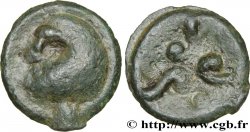
 产品介绍
产品介绍